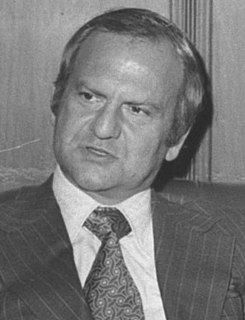A Quote by Seth Godin
Action or inaction are both forms of leadership and standard setting.
Related Quotes
The public/private partnerships are taking various forms in India. It is individuals who are socially oriented are setting up schools. They're setting up colleges. They're setting up universities. They're setting up primary-education schools in the villages, particularly the villages their original families came from.
[...] endless action and reaction. Those beautifully rounded pebbles which you gather on the sand and which you hold in your hand and marvel at their exceeding smoothness, were chiseled into their varies and graceful forms by the ceaseless action of countless waves. Nature is herself a great worker and never tolerates, without certain rebuke, any contradiction to her wise example. Inaction is followed by stagnation. Stagnation is followed by pestilence and pestilence is followed by death.





































